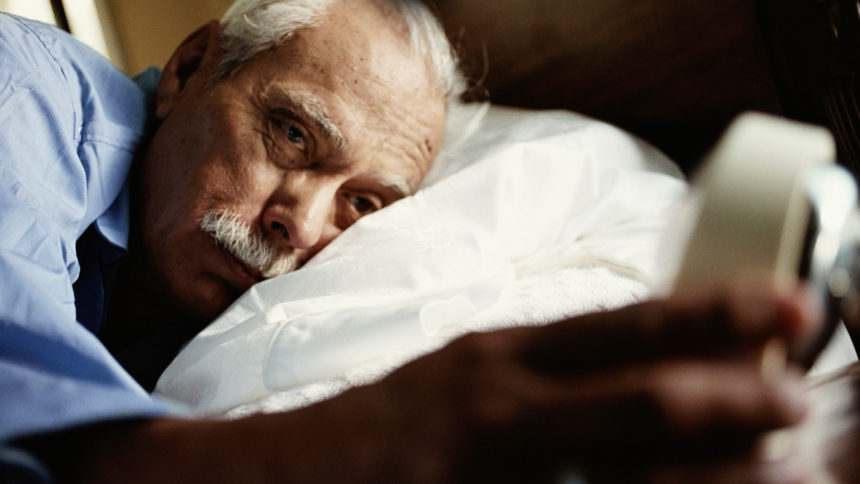
When it comes to trying to figure out why so many women develop atrial fibrillation (Afib) after menopause, researchers say stress and insomnia can contribute to the diagnosis.
A study showed that about 25% of women aged 50 to 79 had irregular heart rhythms like Afib, which can raise the risk for heart failure and stroke. The study used data from more than 83,000 surveys. The average age was 64. Of the women, 88% were white, 7.2% were Black and 2.9% were Hispanic. The report was published Wednesday in Journal of the American Heart Association.
Afib can cause blood clots, stroke, heart failure or other cardiovascular complications. It usually only affects older adults.
“In my general cardiology practice, I see many postmenopausal women with picture perfect physical health who struggle with poor sleep and negative psychological emotional feelings or experience, which we now know may put them at risk for developing atrial fibrillation,” Susan X. Zhao, MD, a cardiologist at Santa Clara Valley Medical Center in San Jose, California, said in a statement.
“I strongly believe that in addition to age, genetic and other heart-health related risk factors, psychosocial factors are the missing piece to the puzzle of the genesis of atrial fibrillation,” Zhao added.
Researchers asked the women about topics such as optimism, stressful life events, social support and sleep.
After following up for a decade, 23,954 women developed Afib. The link to insomnia, specifically, was profound. For each additional point on the insomnia scale, there was a 4% higher chance that a woman would develop Afib. And for each additional point on the stressful life event scale, there was a 2% higher likelihood of Afib.
“The heart and brain connection has been long established in many conditions,” Zhao said. “Atrial fibrillation is a disease of the electrical conduction system and is prone to hormonal changes stemming from stress and poor sleep. These common pathways likely underpin the association between stress and insomnia with atrial fibrillation.”
Also Wednesday, a separate study in European Heart Journal said that sex-based disparities in cardiovascular care could explain why there’s a higher stroke risk among women with Afib.”After taking into account the age of the individual and differences in cardiovascular care, the data show that stroke risk was similar between males and females under the age of eighty, but that female sex was an independent risk factor over the age of eighty” Hifza Buhari, family medicine resident at the University of Toronto, and study author said in a statement. “Females tend to be diagnosed with atrial fibrillation at older ages, and they may not be receiving adequate monitoring or treatment to reduce their stroke risk.”



